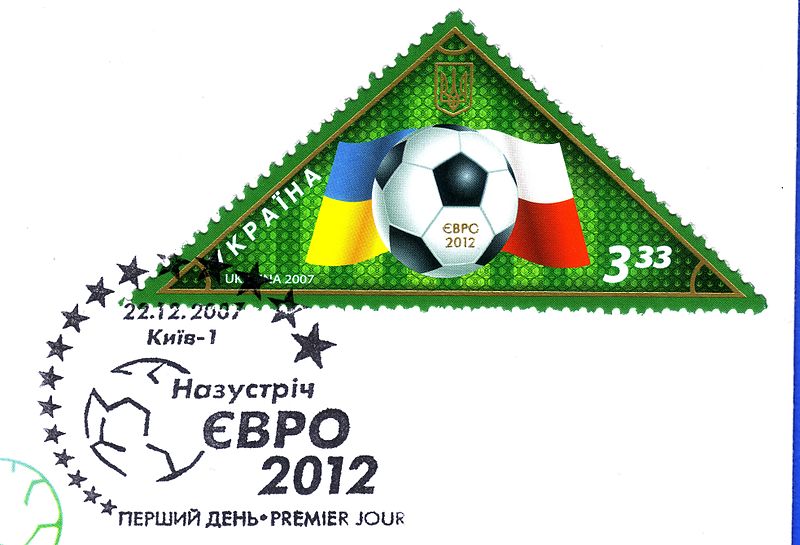Many recent mega-events, from sports to culture, have been held in non-Western countries. Do these over-sized activities redefine socio-cultural-political boundaries between host countries and the West? Do they draw non-Western countries toward the West or vice versa?
The Beijing Olympics were more about celebrating Chinese global identity, while most of the mega-events in Eastern Europe, on the contrary, were meant to bridge social and cultural gaps with Europe. A recent workshop in Lviv, Ukraine, by the Center for Urban History explored the East-West dynamics of mega-events.
The Eurovision song contest held in Baku and attempts by the Russian city of Perm to be nominated as a European Capital of Culture are certainly efforts at redefining and expanding the EU-centric concept of Europe.
Ukraine’s co-hosting of the Euro-2012 Football Cup included an important cross-border potential of further attaching and associating Ukraine with Europe. However, the whole project was seriously challenged by European (and in particularly German) voices that tried to “Orientalize” Ukraine by publicly displaying its non-European characteristics such as its lack of democracy, disrespect for human rights, maltreatment of the opposition, etc.
Looking more closely, did Ukraine move closer to Europe via the Euro-2012 tournament? On the one hand, yes, it did, especially in the eyes of “ordinary” Europeans who had the chance to travel to Ukraine and see the country. Yet, on the other hand, Ukraine was stigmatized by European politicians and the media.
For one, Vasil Kosiv, the vice mayor of Lviv, indicated that it was a mistake for Angela Merkel to support the political boycott of Ukraine because it failed to achieve any political goals. Moreover, it may have prompted less fans and tourists to go to Ukraine than expected.
“The boycott was a problem for organizers, not for the political elites of Kyiv. It caused a negative impact on what we are doing in Ukraine,” said Holger Neuweger, head of the German Society for International Cooperation (GIZ) in Ukraine. Neuweger alluded to this form of Germany’s soft power and discussed the lessons of Ukraine’s Euro-2012 dynamics for 2018, when the World Football Cup will be held in a dozen Russian cities.
It is at this point that mega-events produce spillover effects: the Germans wish to work with Russian cities in modernizing and upgrading urban infrastructure, using as a push-factor their previous expertise and experience in Ukraine.
The German heritage certainly does help in these endeavors. The city of Lviv is eager to take advantages of its German roots in promoting itself internationally (“Lviv can be unknown in Germany, but Lemberg does tell something to many in Europe,” a local participant claimed, referring to the German name of the city). This is in sharp contrast with Kaliningrad where the authorities are much more hesitant to refer to the German legacy of this East Prussian city, obviously due to political reasons.
Russia, however, can be an important partner for those wishing to invest in sports mega-events. Before the 2018 World Football Cup, Russia will host the Universiade-2013 in Kazan and the 2014 Winter Olympics in Sochi. These two projects may bring different effects.
Kazan, the capital of Tatarstan, wishes to (re)position itself not only domestically as Russia’s “sports capital” but also globally as an important actor in the Islamic world.
The case of Sochi seems more complicated. On the one hand, the Kremlin presents the Winter Olympics as a manifestation of Russia’s great power status in the world. Yet on the other hand, the Sochi project is routinely covered in the Western media in negative tones. It has been labeled as a huge, corruptive enterprise with multiple social troubles, exemplified, for example, by mass evictions of residents, which have been documented by journalists and civic activists.
Whether mega-events are a boon or a bust for East-West relations and orientations is still to be seen. For now, the East continues to reach for them: in 2014, Lviv will submit its application to be a host city for the Winter Olympics.
Andrey Makarychev is a Guest Professor at the Free University of Berlin, blogging for PONARS Eurasia on the Russia-EU neighborhood.









